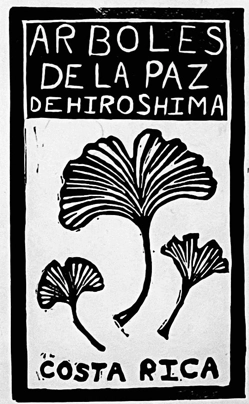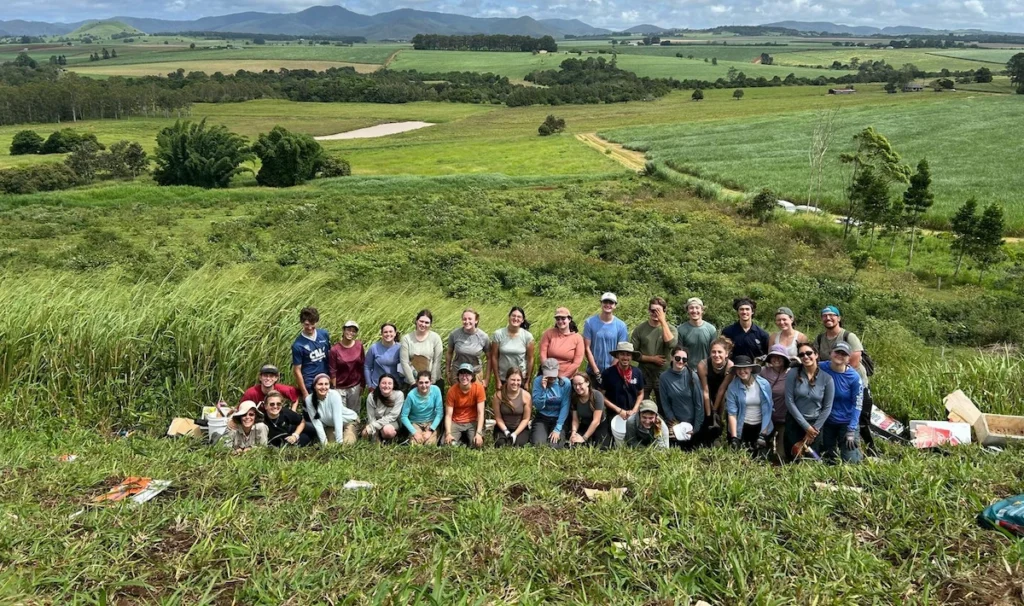Data Collection in Tanzania
The past two weeks at the SFS Center for Wildlife Conservation at Moyo Hill have proven to be truly unbelievable for all 42 student-researchers. Courses have drawn to an end with the recent completion of finals exams and the duly awaited Directed Research (DR) projects have been chosen/assigned and are now underway.

We have all been immersed in accurately collecting data in the field for our DR projects. Two groups ventured to Ngorongoro Conservation Area and camped on the rim of the crater to assess grassland conditions and invasive species while others conducted interviews at Maasai cultural bomas. One student, Robert, reflected on his experience with the following: “You don’t know fear ‘til you are stared down by 200 buffalo at the end of your transect.” (Disclaimer: all students were accompanied by an armed ranger. No students were harmed or injured by wildlife while counting grasses and other plants. Much fun was had).
During the second week of field data collection, two groups of student researchers camped in Burunge Wildlife Management Area at a ranger post. One unit assessed animal populations around Tarangire National Park while the other group conducted 100 interviews with local villagers.

In addition, many students remained at base camp to collect data near and around Karatu District. A study on indigenous beekeeping practices brought one group to Buger and Kansay villages (pronounced: boog-air, con-sigh) while others ventured to Mto wa Mbu to interview Maasai Laiboni (traditional medicine men). Focus-group discussions were carried out with many village leaders, NGO employees, and government officials. Many local institutions will greatly benefit from the information collected and solutions presented. All of the hard work and dedication invested will culminate in the development of reports worth publishing. In addition, a daylong ceremony of presentations followed by a celebration will be held to demonstrate our genuine appreciation for the support shown by the local community and all other contributors who made the learning possible.
On a more personal note, I am immensely grateful for the opportunities presented and the experiences endured. The School for Field Studies Center for Wildlife Management is a truly special place. My 41 peers are some of the most intellectual, humorous, and loving people. Though we have only known each other a mere ten weeks, it feels as though it’s been years. The friendships we’ve formed are stronger than the muscles necessary to stir ugali (the national food) described by Tim as a “thicker, stickier, tasteless version of mashed potatoes”. While on the topic of food I must give a shout-out to the Moyo Hill Culinary Arts Committee who has already begun planning the menu for a Thanksgiving feast. The very talented group is entirely comprised of students and has been mixing up the meals since their first themed dinner which featured Mexican-inspired cuisine.

Food brings people together and allows all walks of life to experience something new; there is no better way to share culture and traditions than to dine together and indulge. To honor both Tanzania and America, the menu will include both a turkey and a lamb (slaughtered on sight), cornbread stuffing and traditional bread, an array of vegetable dishes using local produce, many pies (including apple, pecan, and pumpkin), and of course a plate of ugali.
Lastly, I’d like to give a shout-out to our unbelievably awesome Student Affairs Managers (SAM’s), Mike and Kiri. These two have worked their butts off making sure everyone is where they need to be when they need to be there. They are available 24/7 to ensure that every student is happy and healthy and constantly go out of their way to make this a reality. I don’t know what we’d do without our Moyo Hill Mom (Kiri) and Dad (Mike).
Related Posts

Trees of Peace from Hiroshima: A Time Traveler and Emissary of Hope

Cinder Cone Chronicles: Lessons from Drought, Data, and Determination
